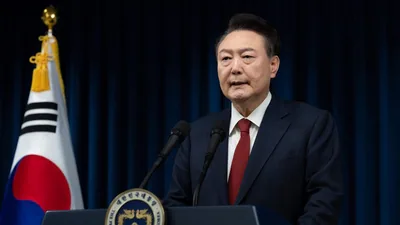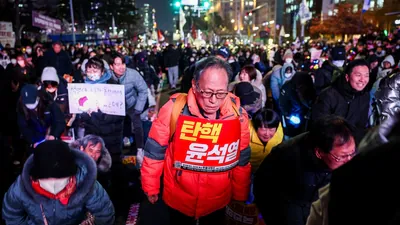Starting April 2025, the Tokyo government will let its workers take an exciting new approach to their jobs: three days off every week! This change aims to help families, especially parents, balance their work and home lives better. Tokyo Governor Yuriko Koike explained in her speech that this plan will help people keep their jobs while managing life events, like having children. She said, “Now is the time for Tokyo to lead the way in improving life for our citizens.”
Why Japan Needs Change
Right now, Japan is facing a big problem: not enough babies are being born. The birth rate has fallen to only 1.2 children per woman, which is much lower than what is needed to keep the population stable. In just one year, there were only about 727,000 births in Japan, with Tokyo’s rate being even worse at 0.99. If this continues, the population could drop from 128 million today to just 87 million by 2060.
To encourage more people to have babies, the government has tried different methods, like urging men to take time off for their newborns. However, experts believe that Japan’s tough work culture—where people often work long hours—makes having kids harder for many families. Currently, only 55% of women work compared to 72% of men, which shows a big gap in job participation.
The Challenge of Work-Life Balance
Japan is known for its grueling work culture, where long hours can lead to “karoshi,” or death from overwork. This makes it difficult for many women to choose between their jobs and raising kids. The International Monetary Fund has found that women in Japan spend five times more time on housework than men. Many women reported they wanted more children but felt too stressed from their responsibilities at home.
A shorter workweek could really help by giving families more quality time together and easing the stress on parents. As Governor Koike mentioned, no one should have to give up their career for family responsibilities, which could help increase the birth rate.
Positive Signs from Around the World
The idea of a four-day workweek is gaining traction globally. Companies in other countries are trying shorter work hours to improve employee happiness and attract talent. A study from 2022 found that over 90% of workers in six countries reported feeling healthier and less stressed when they worked fewer days. Men in these studies also took on more housework and parenting.
According to workplace expert Peter Miscovich, these shorter workweeks can lead to less stress and burnout, better focus during work, and even more commitment to the job!
Cultural Changes Are Needed
While the four-day workweek has proven to be successful in some places, it might be slow to catch on in Japan. In Japanese businesses, working long hours is often seen as a sign of loyalty. Changing this mindset won’t be easy.
Tokyo’s new plan is a crucial step as Japan faces ongoing population decline. In addition to supporting families, Japan is also looking to make workplaces more family-friendly. For example, Singapore recently made companies consider flexible work options like shorter workweeks.
As Tokyo moves ahead with these ideas, the success of this initiative might inspire other cities in Japan and beyond to adopt similar family-supportive measures.










